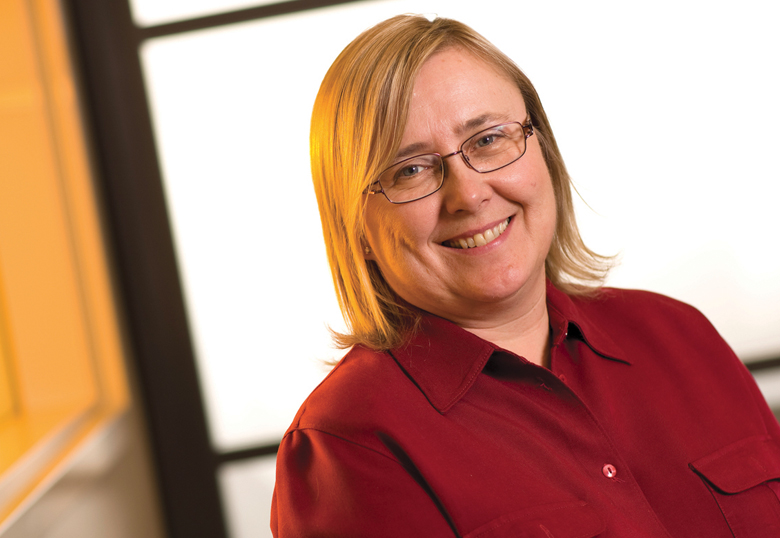Recently published research from University of Lethbridge Faculty of Health Sciences researcher Dr. Judith Kulig and the Rural Wildfire Study Group suggests that communities affected by significant traumatic events invest in recovery efforts that focus on the community as a whole, and not just those who experienced losses as a result of the event.
Kulig has spent considerable time researching rural health issues and community resiliency, particularly in communities that have experienced wildfire events.
In a paper just published in the Journal of Community Psychology, Kulig and co-authors Dr. Ivan Townshend (geography, University of Lethbridge), Dr. Dana Edge (nursing, Queen’s University), Dr. William Reimer (sociology, Concordia University) and Dr. Nancy Lightfoot (rural and northern health, Laurentian University) suggest that a community’s ability to recover from a wildfire event is impacted by many factors, but that it is imperative that all members of the community receive timely access to recovery services, whether or not they were evacuated during the event or experienced a tangible loss.

“While our study reflects the experiences of those in a wildfire event, the results are relatable to similar traumatic community events, such as the recent flooding in High River and the urban communities in Calgary,” says Kulig.
The Rural Wildfire Study Group conducted a series of qualitative interviews with community members who experienced wildfire events in Barriere, B.C. (2003) and LaRonge, Sask. (1999) to answer the question, “Does the severity level of wildfires based on loss make a difference to the experience of individual and community impacts?”
The results of those interviews suggest that residents in both communities, whether or not they experienced loss, were significantly impacted by the event.
Further, in order to facilitate the social rebuilding of these communities, it was important that community resources be made available to all members of the community to mitigate lingering negative effects of the event.
“There is an expectation that those who were evacuated from the community or who experienced the loss of physical property as a result of the event are in need of and will receive community support and resources,” says Kulig. “But our research shows that there is often a long-term emotional impact felt throughout the community and that these resources must be available on a much wider scale to help the community heal.”
In the end, tragic events have the capability of bringing communities together in a cohesive and supportive manner.
Through continued gathering of information about the varying responses of community residents who have experienced traumatic community events, Kulig and her group hope to better understand the impact and duration of the effects and determine appropriate disaster recovery protocols.
Additional information about Kulig’s research, and recommendations for community rebuilding after a disaster, can be found at the following website: www.ruralwildfire.ca
